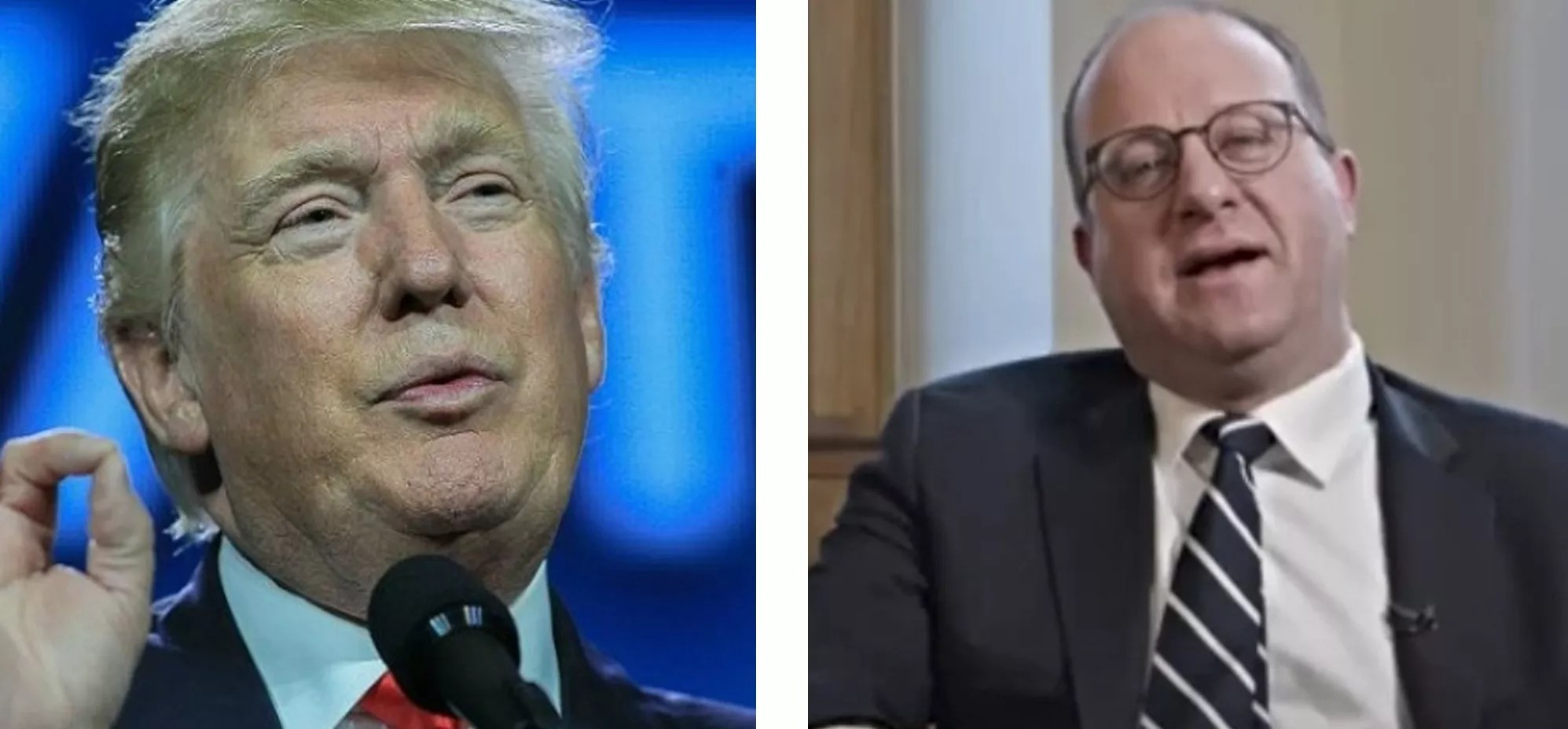
Photo by Brandon Marshall/colorado.gov

Audio By Carbonatix
At first blush, Governor Jared Polis and former president Donald Trump would seem to have little in common, given their sharply divergent political ideologies. But they do share at least one thing: extraordinary wealth. And they’ve put considerable effort into keeping as much of it as possible.
For evidence, see “How These Ultrawealthy Politicians Avoided Paying Taxes,” a new investigation from ProPublica, self-characterized as “an independent, non-profit newsroom that produces investigative journalism in the public interest.” The piece is framed around probes into the finances of three public figures, including West Virginia Governor Jim Justice and ex-Education Secretary Betsy DeVos. But Polis is front and center, in part because of his apparent hypocrisy when it comes to fiscal transparency.
Reporters Ellis Simani, Robert Faturechi and Ken Ward Jr. note that “as a member of Congress, Jared Polis was one of the loudest Democrats demanding President Donald Trump release his tax returns. At a rally in Denver in 2017, he warned the crowd that Trump ‘might have something to hide.’ That same year, on the floor of the House, he introduced a resolution to force the president to release the records, calling them an ‘important baseline disclosure.'”
In 2018, however, Polis declined to disclose his tax returns, using Republican opponents Walker Stapleton‘s refusal to pony up his own info as an excuse – and according to ProPublica, he had millions of good reasons. Polis “paid nothing in federal income taxes in 2013, 2014 and 2015. From 2010 to 2018, his overall rate was just 8.2 percent – less than half of the 19 percent paid by a worker making $45,000 in 2018,” the report states.
In the November 1999 Westword article “Who Wants to Be a Billionaire?,” journalist Chris LaMorte explored a major source of Polis’s wealth: Blue Mountain Arts, which he described as the “publisher of greeting cards so syrupy you’d think Aunt Jemima was the CEO rather than two granola types. Self-proclaimed hippies Stephen Schutz and Susan Polis Schutz started the company in 1971; when their Net-savvy nineteen-year-old son Jared approached them several years ago about starting a Web page for Blue Mountain, it seemed like a lark. Instead of using the site to advertise and sell their cards, though, they developed a line of free online greeting cards. Why alienate visitors by running a lot of advertising or, even worse, charging for the cards? Old-hippie philosophy; new-age technology.”
The concept might not have seemed like a major moneymaker, but it was: That October, bluemountain.com sold for $780 million, turning Polis, then just 24 years old and still known as Jared Schutz, into an incredibly affluent young man.
Over the years that followed, Polis moved steadily into the political realm. At the time of our August 2004 feature “Young Blood,” he chaired the Colorado Board of Education, but he was clearly shooting for higher office. When asked about the future, he replied, “I might be starting a company. I might be starting new non-profit schools. Or I might be the governor of Colorado.”
First came Congress, and when he ran to represent Colorado’s 2nd Congressional District in 2008, ProPublica notes, he “faced criticism for paying so little in taxes.” His response at the time: “I founded several high-growth companies, and we would manage those for growth rather than for profit. When I make money, I pay taxes. When I don’t make money, I don’t.”
Even after Polis headed to Washington, D.C., his wealth continued to grow. OpenSecrets, a nonprofit data site, estimates that his assets went from $143 million in 2010 to $306 million in 2017, when he was the third-richest member of the U.S. House.
Polis spokesperson Victoria Graham had the unenviable task of explaining to ProPublica why her boss was not “purposely avoiding income that would result in taxes.” In her words: “The Governor has long championed tax reforms precisely because the income tax is inadequate and a mismatched way to tax most wealthy people who do not have a regular income but who make money in other ways and should be taxed. Since 2006, Governor Polis has paid over $20 million in taxes on the money he earned on his gains, and he has championed tax reforms that would lower the tax burden on middle-income earners and eliminate loopholes to ensure higher earners pay their share.”
Expect Polis’s taxes, or lack thereof, to be a major weapon that Republicans will use against him when he runs for re-election as governor in 2022 – just as Democrats deployed the argument against Trump in 2020.